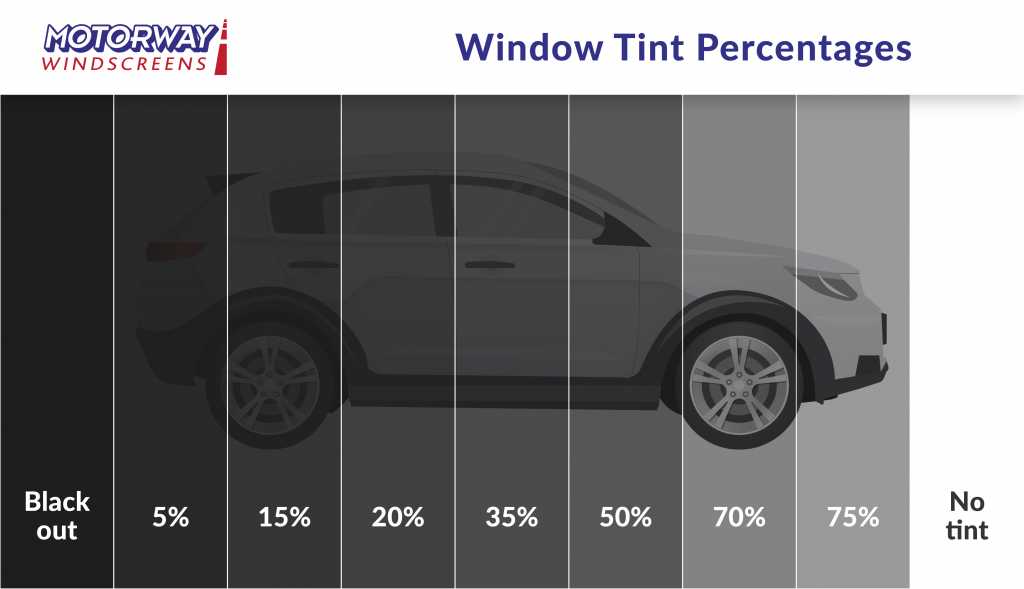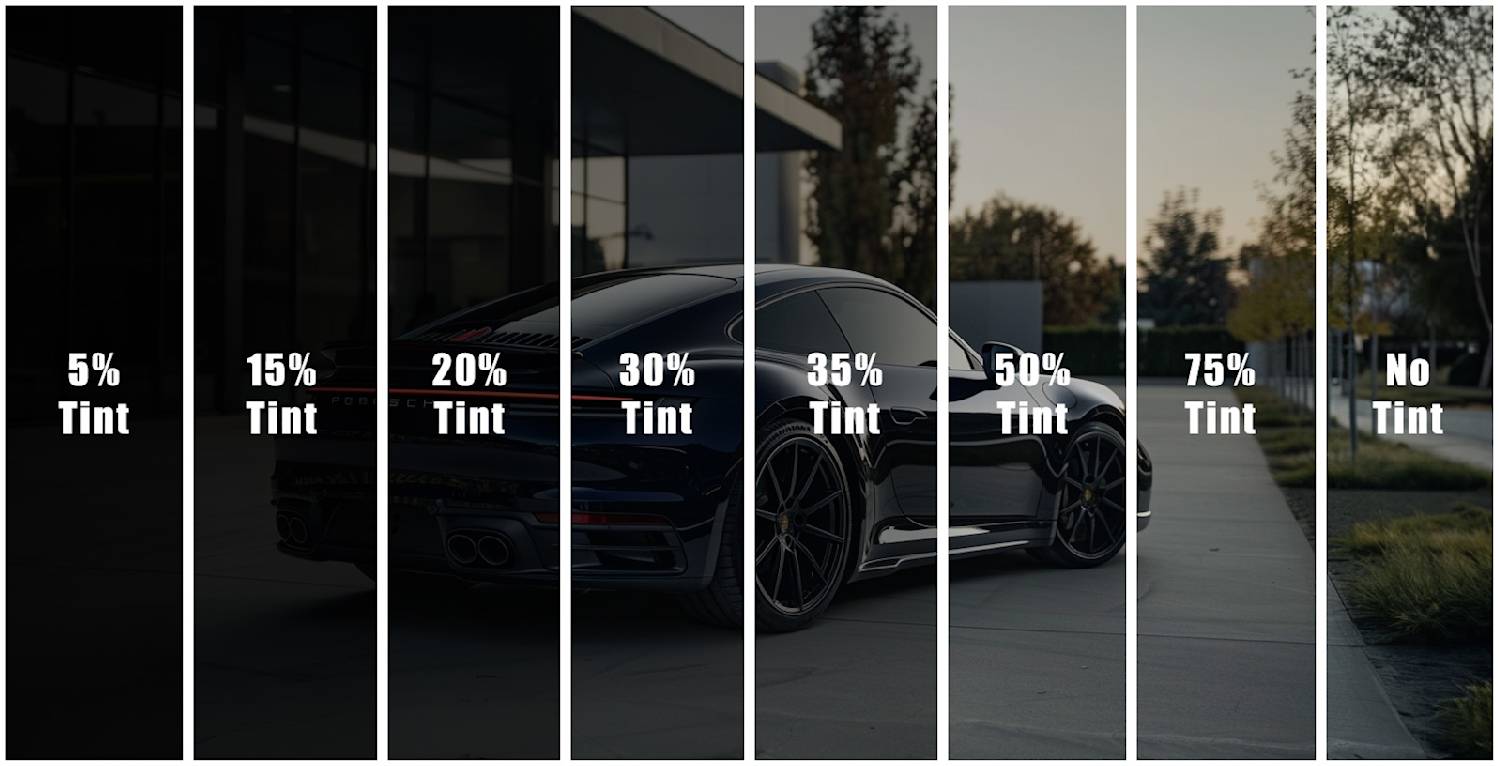Why Window Tinting Is Essential for Reducing Fading and Protecting Your Upholstery
Why Window Tinting Is Essential for Reducing Fading and Protecting Your Upholstery
Blog Article
Window Tinting Laws: What You Required to Know Prior To Tinting Your Automobile
Recognizing home window tinting legislations is crucial for any automobile proprietor taking into consideration tinting their cars and truck. As you consider improving your vehicle's look and performance, it is essential to realize not just the legal ramifications however additionally the practical factors to consider that come with picking the ideal color.
Value of Recognizing Color Laws
Recognizing home window tinting legislations is important for car proprietors to guarantee conformity with state laws. These laws determine the permissible degrees of tint darkness and reflectivity, which can substantially vary from one jurisdiction to one more. Stopping working to follow these laws can result in penalties, obligatory elimination of the color, and possible problems throughout vehicle inspections.
Moreover, understanding these regulations assists car proprietors make informed choices concerning their tinting choices. Different kinds of home window films provide numerous advantages, such as UV defense, warm rejection, and glare decrease. Without knowledge of the lawful limits, vehicle owners risk selecting products that might eventually lead to lawful issues.
Additionally, recognition of tinting legislations promotes a safer driving setting. window tinting. Exceedingly dark tints can hinder presence, enhancing the threat of mishaps, particularly at night or in damaging weather conditions. Regulation enforcement firms likewise use these guidelines to make sure road safety and security, making compliance not simply a personal responsibility however a legal responsibility
State-Specific Color Laws
Each state in the united state has established its own certain guidelines regarding window tinting, showing a diverse selection of requirements and standards. These laws can vary dramatically, influencing how car proprietors approach installment and compliance. As an example, some states permit darker tints on rear home windows while enforcing stringent limits on front-side home windows.
Furthermore, policies frequently specify permitted color products and colors. Specific states forbid reflective tints completely, while others might allow them to a restricted degree. In addition, some jurisdictions mandate that automobiles with colored home windows show a sticker indicating compliance with state laws, providing a clear identification for legislation enforcement.
Enforcement of these regulations likewise differs; some states are more aggressive, conducting arbitrary checks, while others depend on issues or visible offenses to launch enforcement. Car owners must know that failure to adhere to state-specific color policies can lead to fines, necessary removal of illegal colors, or both.

Lawful Tint Percentages
Identifying the legal tint percents is crucial for lorry owners seeking to follow state guidelines. Each state has specific regulations regulating how much light should go through the home windows of a lorry, which is expressed as a portion referred to as Noticeable Light Transmission (VLT) This percentage differs substantially throughout states and can rely on the sort of window-- front side, back side, visit this site right here and windshield.
For instance, some states allow just 20% VLT on front side windows, while others might allow approximately 50%. Windshield tinting is usually extra limited, with lots of territories allowing only a slim band of tint at the top of the windshield. On the other hand, back windows normally have extra tolerant policies, with some states permitting darker colors.
It is crucial for automobile owners to acquaint themselves with their regional regulations to stay clear of prospective legal issues. This consists of understanding how VLT is gauged, as it can differ based on the type of home window movie utilized. Staying notified regarding these regulations makes sure compliance and advertises safe driving conditions for both the vehicle owner and others on the road.
Effects of Non-Compliance
Failing to comply with home window tinting regulations can lead to substantial effects for car owners. One of the most instant effect is the potential for traffic stops and citations from law enforcement. Police officers trained to determine prohibited color degrees may release penalties, which can differ by jurisdiction yet frequently range from modest to considerable amounts. Repetitive violations may lead to raised charges, consisting of greater fines or extra points on pop over to this web-site a vehicle copyright.

Insurer might also enforce fines for non-compliance, as prohibited alterations can be viewed as a violation of policy terms. This can affect protection rates or result in complications in cases if a case occurs.
Ultimately, the effects of non-compliance expand beyond prompt financial penalties; they can impact a chauffeur's insurance coverage prices, lawful standing, and general vehicle value, stressing the importance of sticking to local window tinting regulations.
Tips for Picking Tinting Options
When choosing home window tinting alternatives,Recognizing the ramifications of non-compliance highlights the relevance of making educated options. Firstly, familiarize yourself with your state's specific legislations regarding color darkness and reflectivity. Each state has unique guidelines that determine the allowable limitations, so guarantee you stay within these guidelines to prevent penalties.
Second of all, think about the kind of tint product. Options consist of dyed, metalized, and ceramic colors, each offering differing degrees of warm denial, UV defense, and sturdiness. As an example, ceramic tints offer superior warm resistance without hindering electronic devices, making them a preferred choice.
In addition, analyze your key purpose for tinting. If you look for improved privacy, go with darker tints; nonetheless, remember that this might impact exposure during the my link night. Conversely, if glare reduction and UV defense are your main concerns, lighter colors may be enough.
Lastly, seek advice from with a professional installer that is educated regarding local guidelines and can suggest top notch products fit to your demands (window tinting). Taking these elements into account will certainly guarantee you make a knowledgeable choice, ultimately enhancing both your automobile's aesthetic appeals and capability
Final Thought
Finally, experience with home window tinting laws is essential before applying color to an automobile. Each state imposes certain laws concerning noticeable light transmission percents, particularly for front-side home windows and windscreens. Non-compliance can lead to significant fines, including penalties and compulsory removal of non-conforming tint. By understanding lawful needs and selecting suitable tint products, car proprietors can attain visual enhancement while continuing to be compliant with pertinent regulations. Adherence to these standards ensures both safety and security and fulfillment.
Recognizing home window tinting regulations is necessary for any kind of car proprietor thinking about tinting their auto.Recognizing window tinting regulations is vital for vehicle proprietors to ensure conformity with state laws. Some states allow darker colors on rear home windows while enforcing strict limitations on front-side home windows.
In comparison, rear home windows normally have a lot more lenient regulations, with some states permitting darker tints. (window tinting)
In verdict, experience with home window tinting laws is crucial prior to using tint to a car.
Report this page